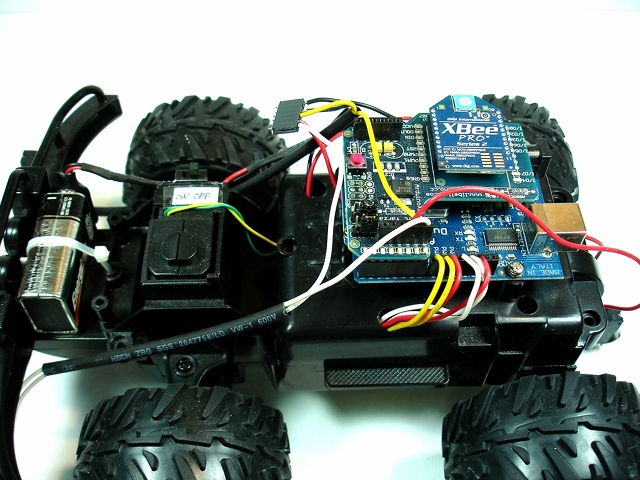
Este ano o Processing Community Day em Portugal vai ser dinamizado na Faculdade de Belas Artes na Universidade do Porto. O evento vai decorrer no dia 2 de maio. O evento é aberto a todos, é livre, sem custos, mas é necessário que seja feito um registo prévio.
Para além das conversas e mostras de trabalhos, vão ser dinamizados vários workshops relacionados com o evento e cujas inscrições já estão abertas.
no dia 8 de fevereiro e 15 de fevereiro:
workshop: Body Interaction with P5JS
dinamizado por: Rodrigo Carvalho, +infos(LINK)
da apresentação surge:
“Day 1:
Introduction to Body Interaction Brief historical review of body interaction in digital arts; Introduction to p5js through the web editor (editor.p5js.org);The ML5 – Machine Learning library; Code examples for body, face, and hands interaction;
Day 2:
Projects assistance and follow-up to Participants’ projects.”
no dia 27 de fevereiro e 5 de março:
workshop: Parametric Design Approaches in p5.js
dinamizado por: Rafael Gonçalves, +infos(LINK)
da apresentação surge:
“Lecturer’s presentation and brief explanation of parametric design principles using examples within the lecturer’s design practice.
Creation of HTML input elements and connection to the p5.js variables through event listeners or event attributes.
Stylization of the Graphical user interface through CSS and Javascript.”
no dia 12 e 13 de março:
workshop: figure-figure ground-ground
dinamizado por: CADA, +infos(LINK)
da apresentação surge:
“Day 1: Man/machine dichotomy: how the current atomisation within the data sphere leads to a digital environment with too little context (figure-figure), how digital media do not give enough relevance to evolution and history. In contrast, we explain how the numerous modernist and avant-garde movements have sought to privilege the background/context. Short presentations of the participants’ work.
Day 2: Analysis of ‘The Laws of Form’ by George Spencer Brown, a mathematician who sought the integral whole; his main argument is that the integral whole is not given: it is achieved, it is a performative act (“ground-ground”). Comparison between different concepts of experience.Pair formation and practical exercise: the task is to make versions of each other’s work, i.e. to find each other’s artwork and use it as a starting point for a new interpretation of the same experience. Brief recap of the theory covered.Practical work – development and presentation to the group.Feedback sessions, analysis of the results and group reflection.”
+infos(oficial): https://pcd.fba.up.pt/2024/

